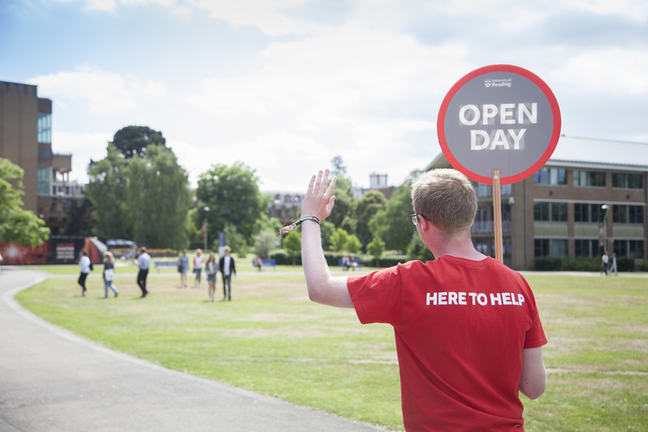Home / Study Skills / A Parent and Supporter’s Guide to University Entry / What questions should you ask at Open Days
This article is from the free online
A Parent and Supporter’s Guide to University Entry


Reach your personal and professional goals
Unlock access to hundreds of expert online courses and degrees from top universities and educators to gain accredited qualifications and professional CV-building certificates.
Join over 18 million learners to launch, switch or build upon your career, all at your own pace, across a wide range of topic areas.


 Don’t feel the need to do everything on an Open Day, either virtual or in person. There will be other opportunities to visit but prioritise the things that are more difficult to find out at other times such as hearing from academic staff that might be teaching you.
Don’t feel the need to do everything on an Open Day, either virtual or in person. There will be other opportunities to visit but prioritise the things that are more difficult to find out at other times such as hearing from academic staff that might be teaching you.





